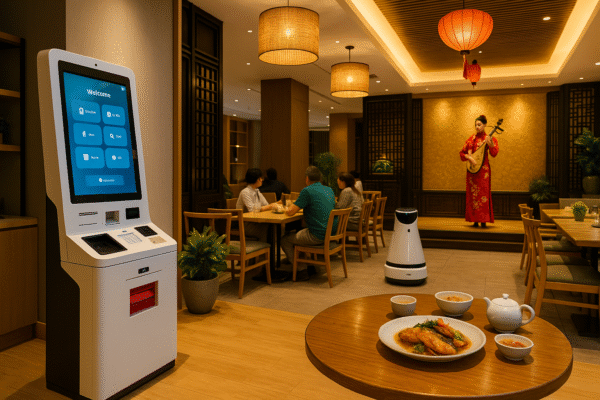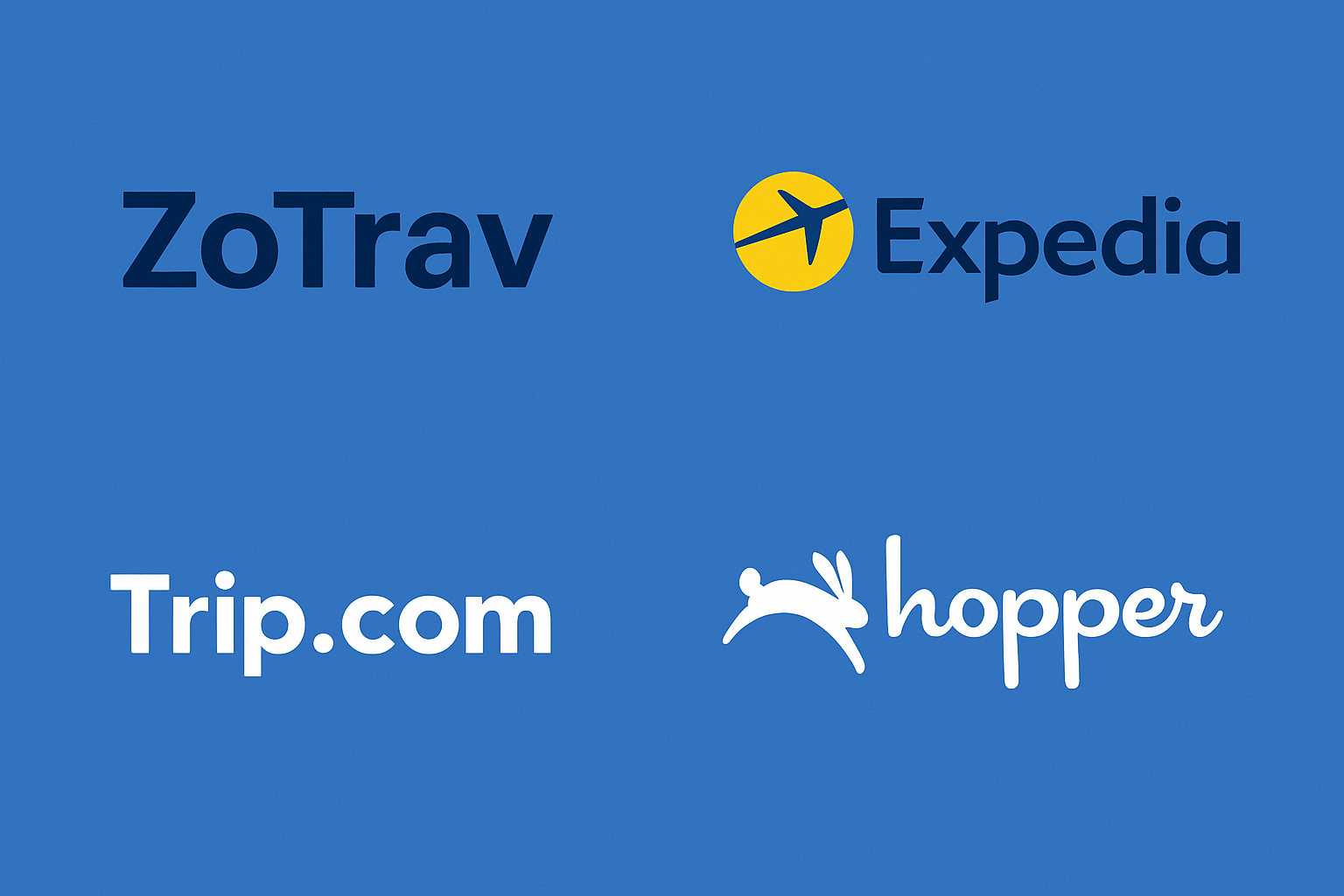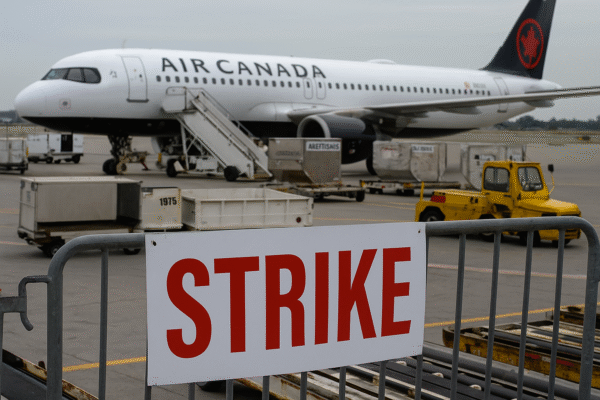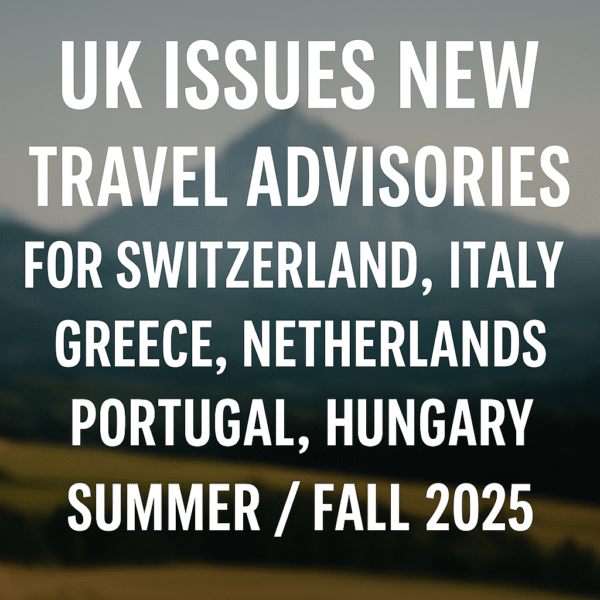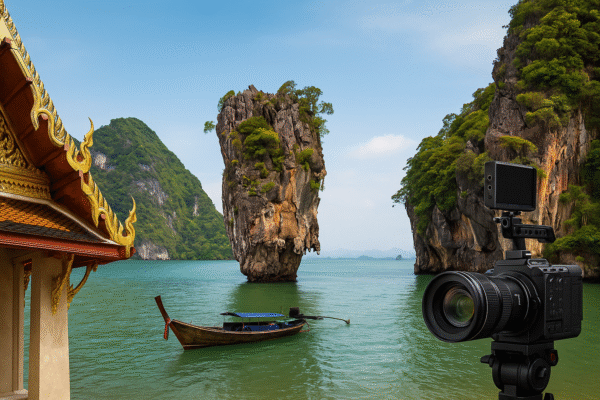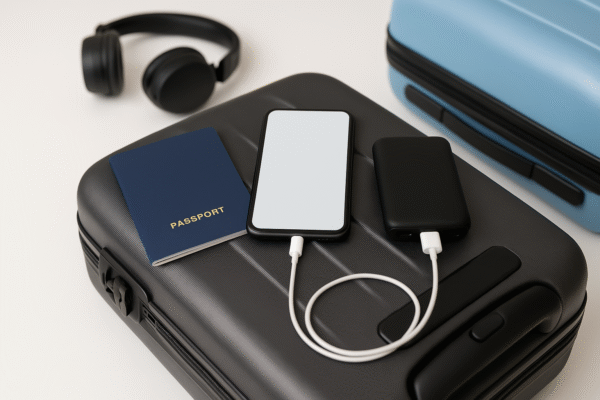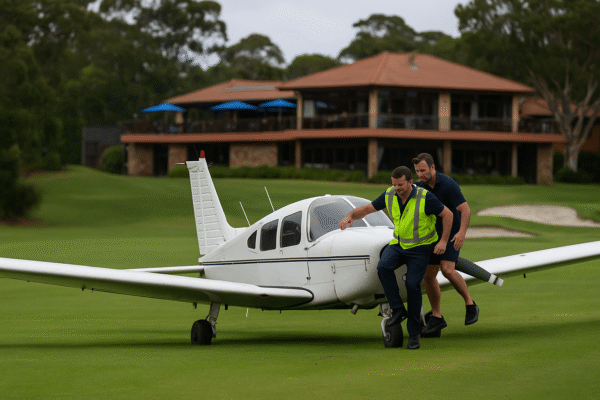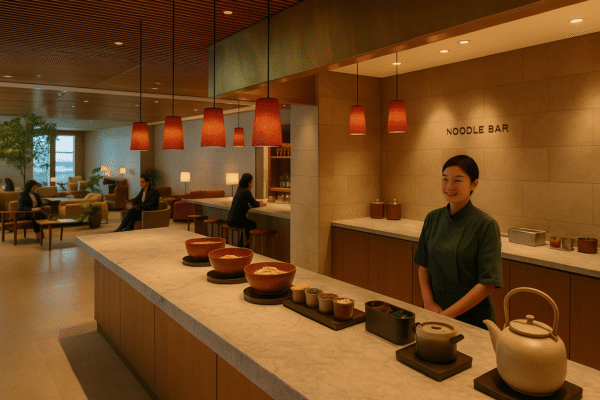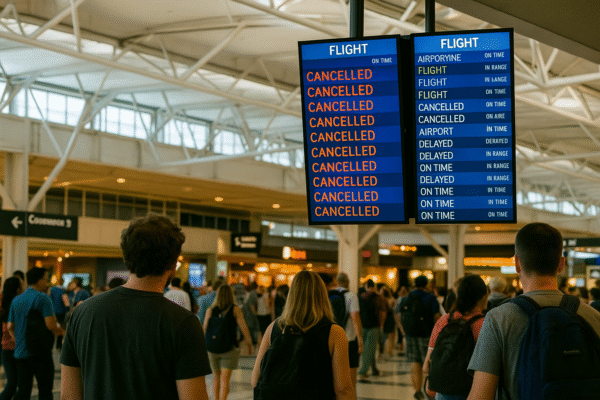In the ever-evolving landscape of global travel, two trailblazing brands—Sonder and Selina—emerged as innovative disruptors. Their rise captured the imagination of modern travelers seeking digital-first, design-conscious, and community-driven experiences. Yet, despite early success, both companies faced significant setbacks, offering critical insights into the challenges of scaling hospitality innovation.
Sonder’s Tech-Driven Urban Hospitality: Promise and Pitfall
Founded in 2014 in San Francisco, Sonder set out to redefine the traditional hotel stay. By fusing short-term rentals with sleek design and smart technology, the brand offered guests a seamless, app-based experience in stylish urban apartments. From New York to Paris, Sonder’s expansion was swift, bolstered by investor confidence and an audience eager for alternatives to legacy hotels and Airbnb.
Guests were drawn to Sonder’s self-check-in, minimalist interiors, and hotel-style services with the independence of a rental. The convenience appealed to business travelers, digital nomads, and millennials craving autonomy without compromising on aesthetics or security.
However, behind the tech-savvy façade, Sonder faced mounting financial pressure. Its business model, reliant on leasing and managing a vast real estate portfolio, carried high fixed costs. According to SEC filings, the company reported net losses exceeding $100 million in several quarters post-IPO. With the COVID-19 pandemic curbing global travel, demand dipped while expenses soared. Sonder’s inability to achieve long-term profitability underscored a vital lesson: innovation alone does not equal financial resilience.
Selina’s Vision: Community, Co-Living, and Cultural Connection
Selina, founded in Panama in 2015, entered the scene with a distinct mission—creating affordable, vibrant spaces for digital nomads and adventure-seeking millennials. With a mix of co-working areas, shared and private rooms, and curated social experiences, Selina became synonymous with lifestyle hospitality. Its growth was particularly strong in Latin America and Europe, with standout locations in Lisbon, Medellín, and Tulum.
Selina’s ethos emphasized connection, creativity, and affordability. The brand resonated deeply with solo travelers, students, and remote professionals craving more than a bed—offering a community to belong to. However, replicating that experience across 100+ global sites proved operationally complex and capital-intensive.
Despite listing on the Nasdaq in 2022, Selina struggled to maintain cash flow. According to public financial statements, the company reported substantial operating losses and signaled potential risks of bankruptcy in late 2023. The hybrid accommodation-workspace model, once a bold innovation, became harder to sustain amid fluctuating occupancy rates and evolving traveler behavior post-pandemic.
Pandemic Pressures and Market Reality
Both Sonder and Selina faced unprecedented challenges as the COVID-19 pandemic upended travel norms. As remote work increased, flexible travel became a trend—but travelers also sought more privacy and hygiene, leading to decreased demand for shared or communal accommodations.
Sonder’s reliance on real estate leases became a liability, while Selina’s focus on social connection and community spaces clashed with distancing norms. Although each attempted strategic pivots—Sonder with cost-cutting and Selina with property consolidations—their core structures were slow to adapt to the “new normal” of tourism.
Industry Lessons from Two Disruptors
Despite their setbacks, Sonder and Selina transformed hospitality in several meaningful ways:
- Guest Autonomy and Tech Enablement
Sonder normalized self-service experiences and app-based stays, paving the way for future urban lodging models. - Community-Centric Design
Selina popularized lifestyle hotels that blend lodging, working, and socializing—now seen in brands like Outsite and Zoku. - Millennial and Gen Z Targeting
Both brands deeply understood younger traveler values: authenticity, flexibility, affordability, and design. - Growth vs. Profitability Balance
Rapid expansion without a clear financial runway can be catastrophic—even for well-funded brands. - Adaptability in Crisis
The ability to pivot during global disruption—whether by shifting to long-term rentals, remote-focused marketing, or hybrid operations—is essential in a volatile tourism economy.
The Future of Hospitality Innovation
As the global tourism industry recovers and reshapes in 2025, new players are entering the scene with refined strategies. Hybrid models that combine the privacy of boutique stays with optional communal experiences are gaining ground. Tech-enabled services continue to evolve, now integrated with AI-driven guest personalization, contactless payments, and seamless multi-destination travel planning.
Meanwhile, Selina and Sonder—though bruised—remain active. Sonder continues to operate in select cities with a leaner model, while Selina refocuses on profitability and may yet capitalize on the growing demand for co-living in secondary cities.
Conclusion: Balancing Vision with Viability
Sonder and Selina’s stories reveal the potential and peril of reimagining travel. Their innovations challenged conventional hospitality norms and reshaped how we think about space, service, and community. But their struggles remind industry stakeholders that great ideas must be backed by operational efficiency, adaptability, and sound financial planning.
For the next wave of hospitality startups, these two brands stand not only as pioneers but as cautionary tales—proof that disruption must always be grounded in long-term sustainability.
For more travel news like this, keep reading Global Travel Wire


